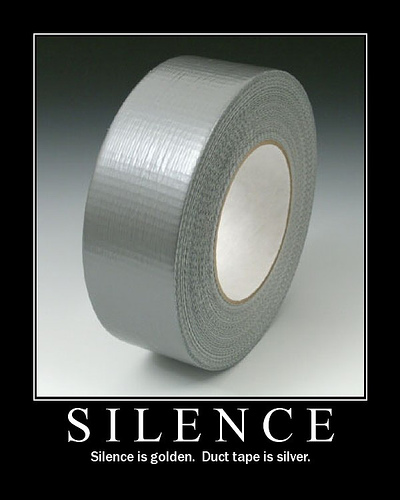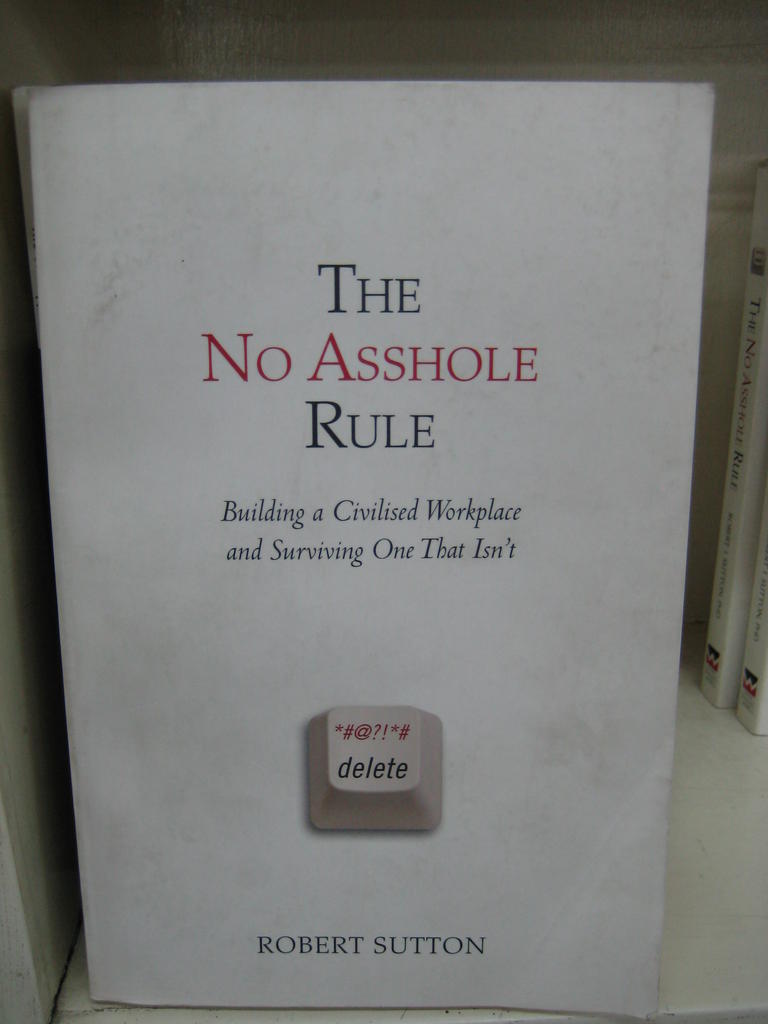I was talking on the phone with Hayagreeva (aka "Huggy") Rao today about a project we are working on, and he said something wonderful "Smart organizations make difficult things simple."
The first thing that came to mind was an experience I had about 2 years ago where I first set-up a new Dell Computer, which took me about 4 hours and entailed plugging in seemingly endless number of wires and opening about 10 boxes. Then I set-up a new Mac, which involved opening one box and took about 10 minutes. I also thought of McDonald's which, although not exactly the most politically correct organization, has done a simply brilliant job of scaling-up its brand and stores (with brilliant local customization). Finally, I couldn't help but think of the simply awful experience that I had with ATT setting-up Internet and phone service recently — I was sufficiently disgusted with them (I spent a total of 4 hours on the phone and was given constant misinformation and they made an astounding number of errors) that I canceled everything and switched to Comcast. ATT, at least from what I experienced, is the master of making simple things complicated.
I'd love to hear other examples of organizations that "make difficult things simple." I think it is wonderful standard for judging an organization — or a leader or teacher.
P.S. I encourage you to read Andrew's comment below, it is inspired.







